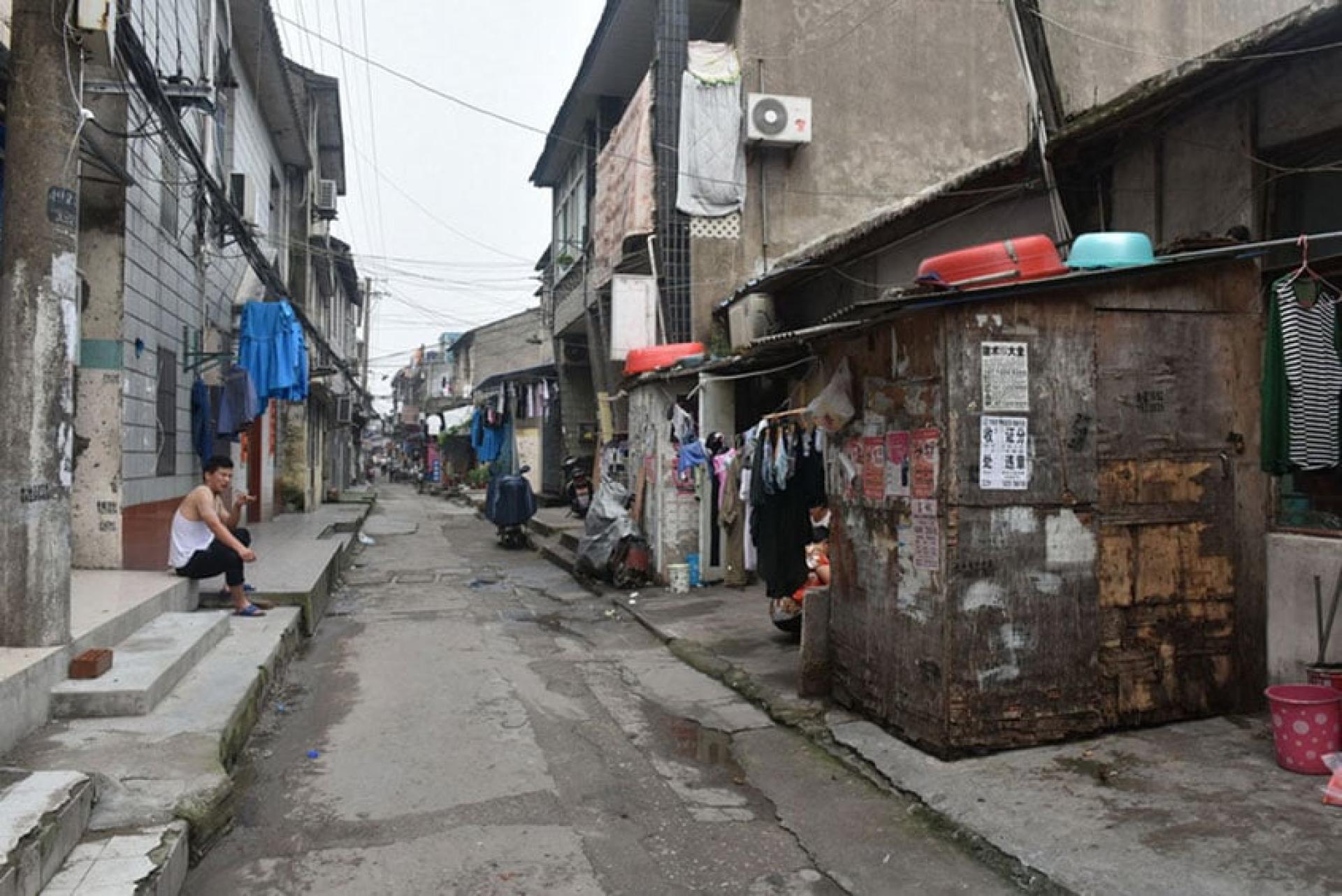On the 27th, the Shanghai Municipal Government of China announced that it will accelerate the city's "urban village" redevelopment work and issued implementation opinions, requiring that urban villages with "urgent public demand" and "significant urban safety and social governance risks" be included as priorities in the redevelopment scope.
According to the general definition in China, an "urban village" refers to an old settlement that, after urban expansion and the conversion of farmland to urban buildings, becomes part of the city. These are akin to "villages within the city." The development level of these settlements is generally lagging behind other parts of the city, and they often exist outside the scope of modern urban management, leading to living environments that are relatively poorer than those in other urban areas.
According to The Paper, on the 27th the General Office of the Shanghai Municipal Government issued a document entitled "Opinions on Accelerating the Promotion of Urban Village Redevelopment in This City," making the above announcement and outlining specific instructions.
This opinion points out that the accelerated redevelopment of Shanghai's "urban villages" mainly covers natural villages located on the outskirts of central urban districts, old township areas (towns whose administrative status has been revoked), urban-rural fringe zones, primarily using collective construction land, existing as a mix of villagers' homestead land and other usage types, and surrounded or basically surrounded by built-up urban areas. Urban villages with "urgent public demand" and "significant urban safety and social governance risks" are to be prioritized for redevelopment.
The opinion mentions that multiple approaches should be adopted—such as overall project redevelopment, targeted planning interventions, and upgrading enhancements—to carry out demolition and rebuilding, combined or partial demolition and restructuring, or enhancement and improvement of urban villages.
This opinion states that a clearer understanding is needed of the total number, distribution, and scale of all urban villages in the city. The city should integrate land spatial planning, national economic and social development planning, and, based on actual conditions, formulate an urban village redevelopment action plan, clarifying the means of redevelopment, funding arrangements, etc., and in accordance with the principle of "implement some projects, reserve some projects, and plan some projects," advance the redevelopment on a rolling basis.
At the same time, once an urban village redevelopment project is launched, work should be expedited on filing implementation plans, expropriation compensation and resettlement, moving and site clearance, construction of public-interest projects, commercial land transfer, and project development and construction.
The opinion also requires that land supply and construction for resettlement housing be arranged in advance, with strengthened planning, design, and management of resettlement housing. It must be ensured that resettlement housing is completed within a reasonable construction period, and that supporting infrastructure and public service facilities are planned, designed, reviewed, constructed, and delivered simultaneously with the resettlement housing, minimizing the transitional period residents spend living elsewhere.
According to previous Chinese media reports, at the beginning of this year Shanghai had already launched the redevelopment of 25 urban villages, among which Beigang in Fengxian and Fengxi in Qingpu have broken ground, benefitting 12,000 households.
